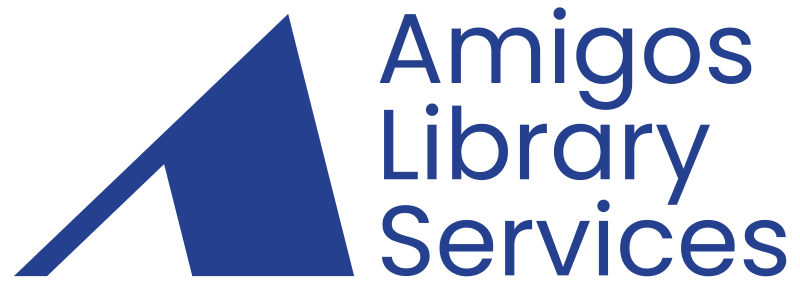Parliamentary Procedure 101
Librarians encounter parliamentary procedures in a variety of places such as board meetings, the Faculty Senate, and association councils. This workshop provides a general overview of parliamentary procedure, introducing the concepts explained in Robert's Rules of Order Newly Revised (In Brief), and a path to fully participate in meetings, identify effective functions, and formulate motions. Whether new to parliamentary procedures or needing a refresher, master the skills and confidence to navigate meetings effectively and contribute to impactful decision-making processes.
